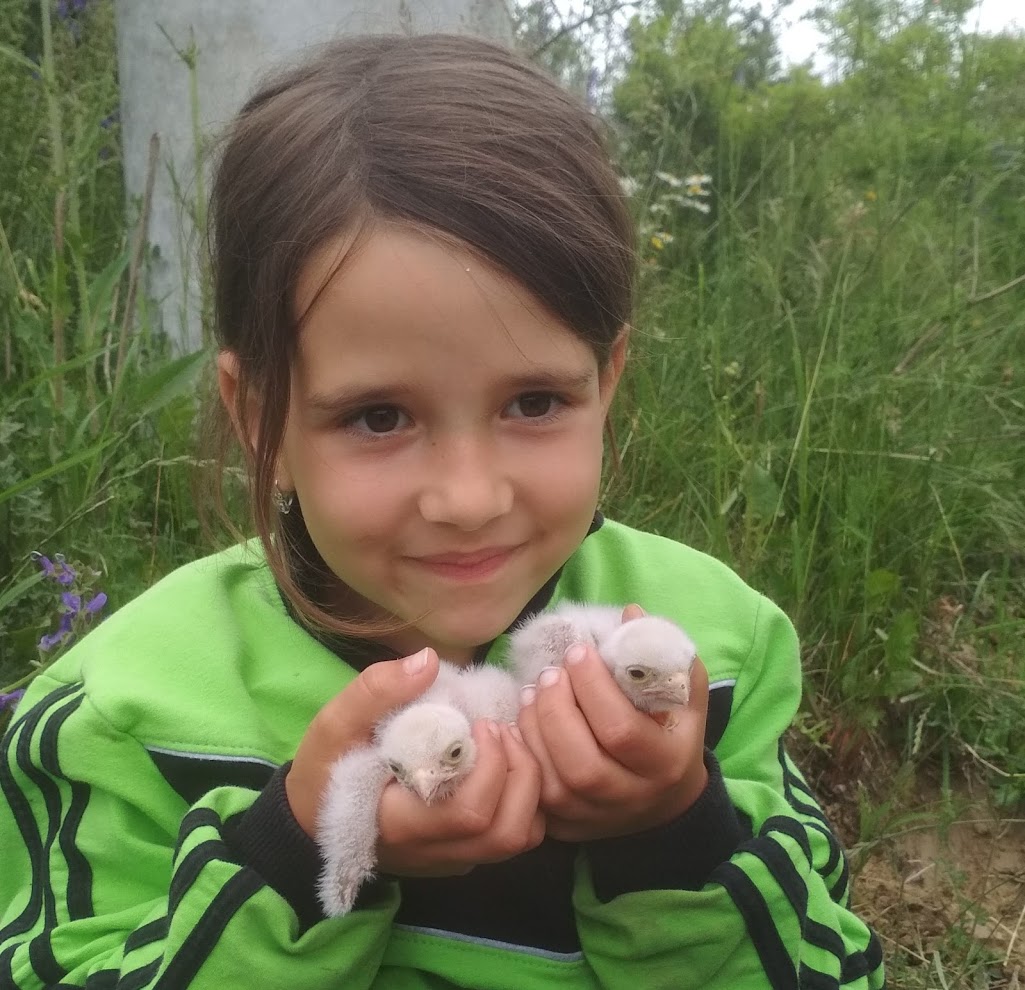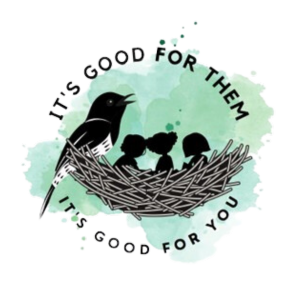Research study

Social-emotional learning (SEL) and mental health preventive programs are very popular internationally; however, there is limited research evaluating their effects on children in kindergarten. SEL is an essential component of keeping children and youth safe and healthy. SEL program delivered in kindergarten helps children succeed in school and in life.
According to the CASEL model (2005), SEL consists of five key competences:
- Self – awareness, i.e. the ability to recognize a person’s emotions, thoughts, and their influence on behaviour
- Self – control, i.e. the ability to regulate one’s emotions, thoughts and behaviour in different situations;
- Social awareness, i.e. the ability to assume the other’s perspective and empathise with people from different cultures, understanding the social and ethical norms of such behaviour;
- Relationship skills, i.e. the ability to establish and maintain healthy and rewarding relationships and;
- Responsible decision – making, i.e. the ability to make constructive and respectful choices about personal behaviour and social interactions based on ethical standards, safety concerns, social norms, considering the well-being of oneself and others (Weissberg et al., 2015).
All these skills are important to support collective and cooperative behaviours, the ability to develop effective problem solving skills, self-discipline, impulse control and management of emotions, and lead to less behavioral and communication problems as well as less emotional tension (Greenberg et al., 2003).
The foundations of social and emotional competences that are developed in the early years of life impact future emotional well-being and the ability to adapt functionally to school and to form successful relationships throughout life (Durlak et al., 2011). Thus the relevance of including SEL content in the preschool curriculum in order to help prevent emotional and behavioral problems, and prepare children to address the learning and social challenges that they will face in later school cycles (Ferreira, Reis‐Jorge & Batalha, 2021; Gunter et al., 2012).
Research Problem
Based on the given research topic, in the SEL for schools project, we set following research problems: What are the social-emotional competencies of preschool children after the implementation of an innovative educational program focused on outdoor education with the development of a relationship with nature? What is the prosocial behaviour of preschool children after the implementation of an innovative educational program focused on outdoor education with the development of a relationship with nature? What is the knowledge of preschool children after the implementation of an innovative educational program focused on outdoor education with the development of a relationship with nature? (Fedorko, 2023)
We set ourselves the goal of the research: to create and pilot-validate SEL with the innovative educational program focused on outdoor education with the development of a relationship with nature, and to verify its effectiveness and impact on social-emotional competencies, prosocial behaviour and knowledge in preschool children in kindergarten conditions.
Based on the requirements of our research, we approached kindergartens from Slovakia, Spain, Malta and Great Britain to participate in anonymous research, which consisted of an experiment.
Research group N1 consisted of 257 preschool-age children aged 5 to 6 years. Of these, 60 preschool children from kindergartens in Slovakia (experimental group 1 – 20 preschool children, experimental group 2 – 20 preschool children, control group 1 – 20 preschool children). There were 26 boys and 34 girls. 57 preschool children from kindergartens in Spain (experimental group 1 – 20 preschool children, experimental group 2 – 20 preschool children, the control group 1 – 18 preschool children). There were 28 boys and 29 girls. 80 preschool children from kindergartens in Malta (experimental group 1 – 19 preschool children, experimental group 2 – 43 preschool children and control group 1 – 18 preschool children). Of these, 22 were boys, and 58 were girls. 60 preschool children from kindergartens in Great Britain (experimental group 1 – 20 preschool children, experimental group 2 – 20 preschool children, control group 1 – 20 preschool children). There were 32 boys and 28 girls.
Experimental group 1 – was a group in which the SEL innovative educational program focused on outdoor education with the development of a relationship with nature was implemented and carried out mainly in the indoor environment of the kindergarten (children spent a maximum of 1 hour per week outdoors in a natural, outdoor environment, in connection to the program). Experimental group 2 – was a group in which the SEL innovative educational program focused on outdoor education was implemented and was carried out mainly in the natural, outdoor environment of the kindergarten (teachers were recommended to enable children spend at least 4 hours per day outside in the natural, outdoor environment or in the school grounds). Control group – was a group that worked in a traditional way of education and did not implement an SEL innovative educational program focused on outdoor education with the development of a relationship with nature (without recommended time spent outside in a natural, outdoor environment).
Research group N2 consisted of 30 kindergarten teachers. Of these, 8 kindergarten teachers from Slovakia (8 females and 0 males). 10 kindergarten teachers from Spain (10 females and 0 males). 3 kindergarten teachers from Malta (3 females and 0 males) and 9 kindergarten teachers from Great Britain (9 females and 0 males).
Research group N3 consisted of 299 parents of children attending kindergartens. Of these, 69 are parents of children attending kindergartens in Slovakia. 67 parents of children attending kindergartens from Spain. 89 parents of children attending nursery schools from Malta and 74 parents of children attending nursery schools from Great Britain.
The total research set consisted of 586 respondents in total. (Fedorko, 2023).
In our research, we used an experimental method – an experiment. The experiment is very important because it is used to determine the effectiveness of the educational action. The experiment is therefore an essential research method when introducing educational changes and innovations and carrying out transformations or reforms.
The subject of experiment was an innovative educational program focused on outdoor education with the development of a relationship with nature for preschool children in the context of prosocial behavior and empathy of preschool children.
Results
The results revealed that the developed SEL program was effective in increasing childrens’ knowledge and cognition, prosocial behavior, affective empathy (contagion) – emotion contagion, cognitive empathy (understanding) – attention to others’ feelings, prosocial motivation (support) – prosocial actions, emotional competence, relation to nature and well-being scores. Moreover the analysis showed in some cases a significant group (experimental group 2 – was a group in which the SEL innovative educational program focused on outdoor education was implemented and was carried out mainly in the natural, outdoor environment of the kindergarten. Children were recommended to spend at least 4 hours per day outside in the natural, outdoor environment), by time interaction effect in the assessed variables (p < 0.005). Our research findings confirm the positive impact of the SEL program on the comprehensive personality development of preschool children in terms of socio-emotional competence, cognitive skills, pro-social behavior and mental well-being. Also, the positive impact of outdoor education on the preschool child came out in most of the cases in the above areas. This SEL program significantly improved taught skills, corroborating the findings of other studies, which support that SEL can improve complex personality of children. The strengths and limitations of this study and importance of implementing prevention SEL programs to promote socio-emotional development children are also discussed.
Detailed summary of the study you can find here: Research summary
For full study you can download these documents in section for registered users.
